5 Reasons Why Circuit Breakers Trip?
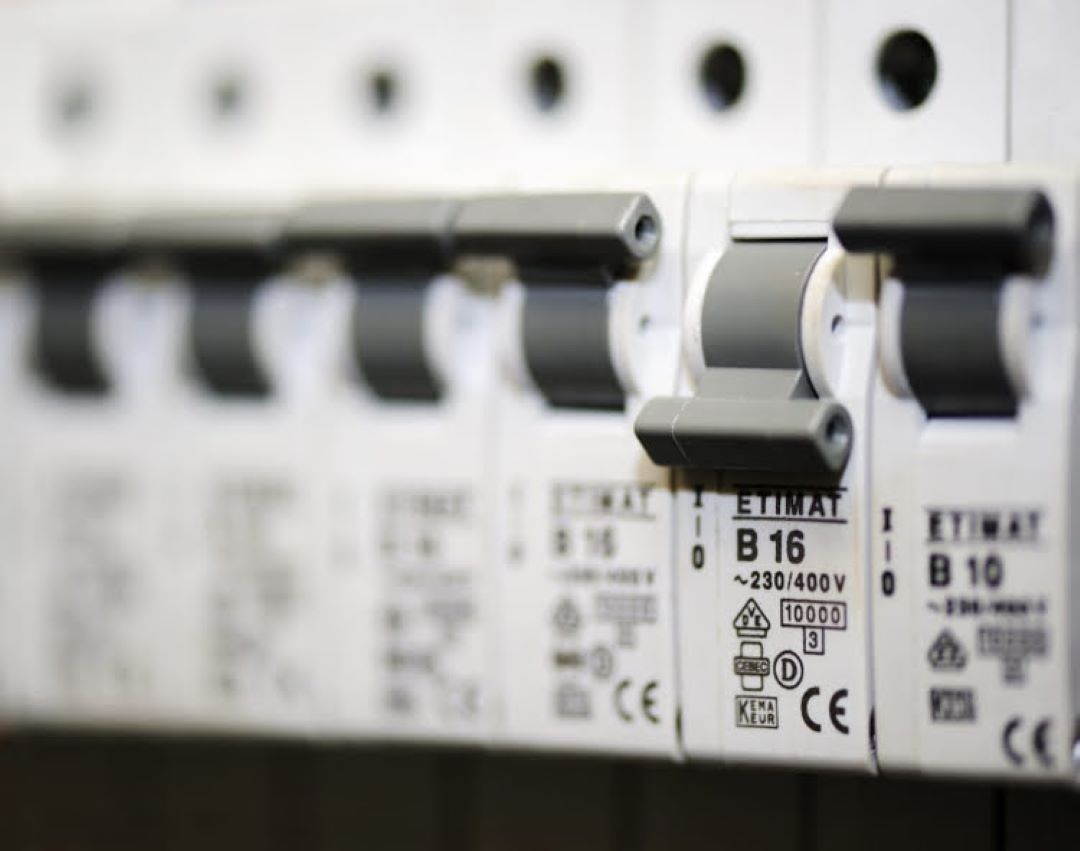
5 reasons your circuit breakers trip include overloaded circuits, short circuits, ground fault surges, circuit breaker malfunctions, and aged wiring that can no longer handle the electrical demand of your home.
There are many different reasons why circuit breakers may trip in your home. It can be frustrating when you constantly have to reset them, but it's important to understand why Singapore power tripping happens and how to prevent it from occurring.
How to find what is tripping my circuit breaker?
To find what is tripping your circuit breaker, it's essential to understand the common reasons behind circuit breakers' power trip, including overloaded circuits, ground fault, and short circuit. Identifying the specific cause requires observing which appliance or scenario triggers the trip, signaling an immediate need such as a licensed electrician for corrective action to ensure safety and functionality.
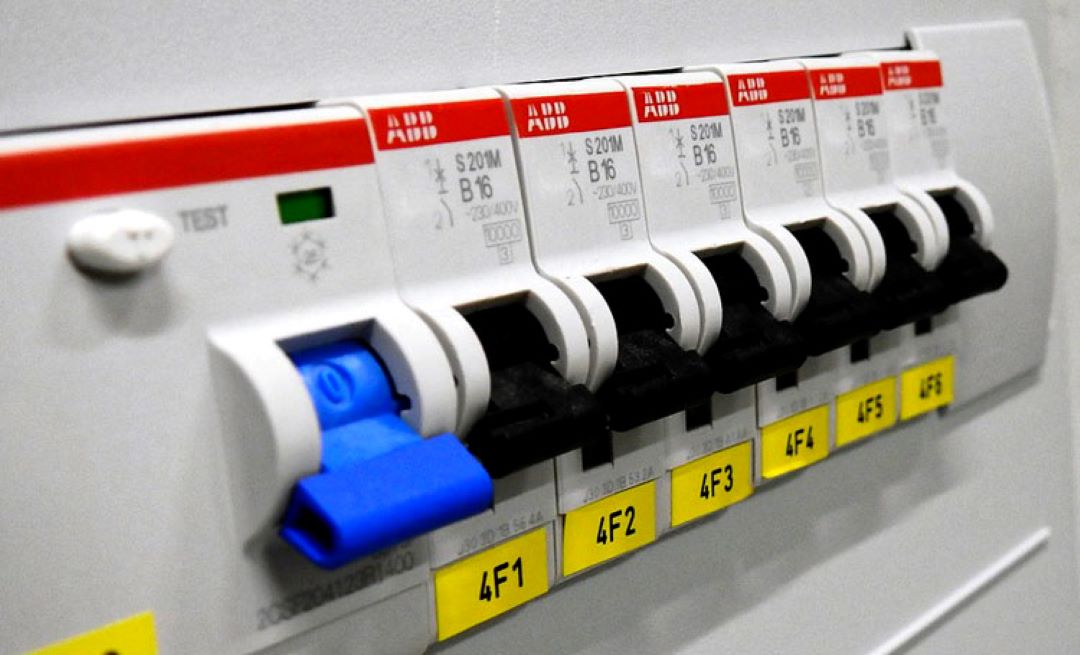
Is it dangerous if circuit breaker keeps tripping?
Yes, it is dangerous if the circuit breaker keeps tripping as it often signals a significant issue with your home's electrical circuit. Reasons for circuit breaker tripping can range from an overloaded circuit, where too many appliances draw power simultaneously, to a short circuit or ground fault, which occur when live electrical wires touch a neutral or ground wire, respectively.
Each of these issues not only leads to a power trip that can inconvenience you by turning off your lights and appliances but also poses serious risks such as electrical fires and electrical shock. When a circuit breaker trips, it's a protective measure to prevent overheating that could lead to fires. If breaker trips become frequent, it's crucial to consult a licensed electrician to investigate the cause.
They can determine whether the issue is as minor as a faulty light fixture causing lights flickering or as major as a short circuit compared to a ground fault, requiring immediate attention to ensure home safety.
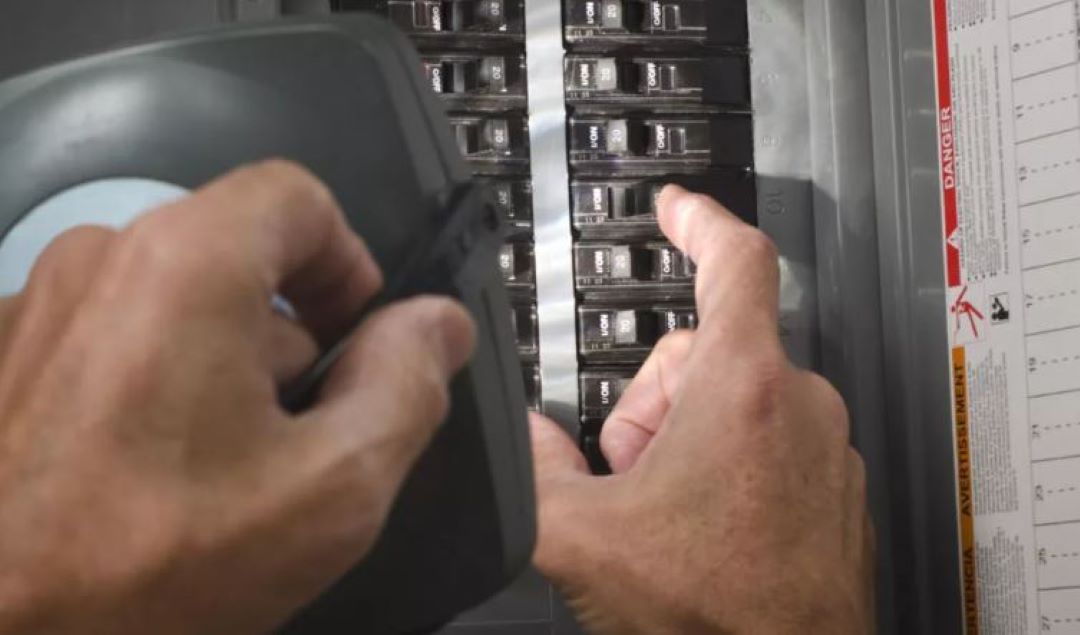
Why does my circuit breaker keep tripping with nothing plugged in?
Your circuit breaker keeps tripping with nothing plugged in because the electrical systems within your home may be experiencing a variety of issues that lead to an unexpected power outage. This can occur when the current flowing through the circuit exceeds its safe capacity, even without a visible load. A common reason is a bare ground wire coming into contact with a metal outlet box, causing a short circuit that leads to the breaker tripping immediately after reset. This scenario poses a risk to electrical safety, heightening the chances of an electrical fire if not addressed promptly.
Additionally, an unnoticed faulty appliance connected to another room's outlet or issues with electrical wiring in walls could be causing a circuit overload that affects the entire electrical panel. Ground faults in areas with high moisture, like bathrooms or kitchens, where a hot wire accidentally touches a ground wire or a wet surface, can also lead to recurrent tripping. This is because the electrical power system is designed to protect electrical circuits from damage that could lead to more severe complications like a power failure.
It's crucial to inspect the electrical service panel and all associated components, including light switches, neutral wires, and electrical wiring repair, to ensure they are functioning correctly. If the problem persists, it indicates a deeper issue within the home’s electrical systems, potentially requiring professional intervention to prevent tripped circuit breakers and safeguard against electrical hazards.
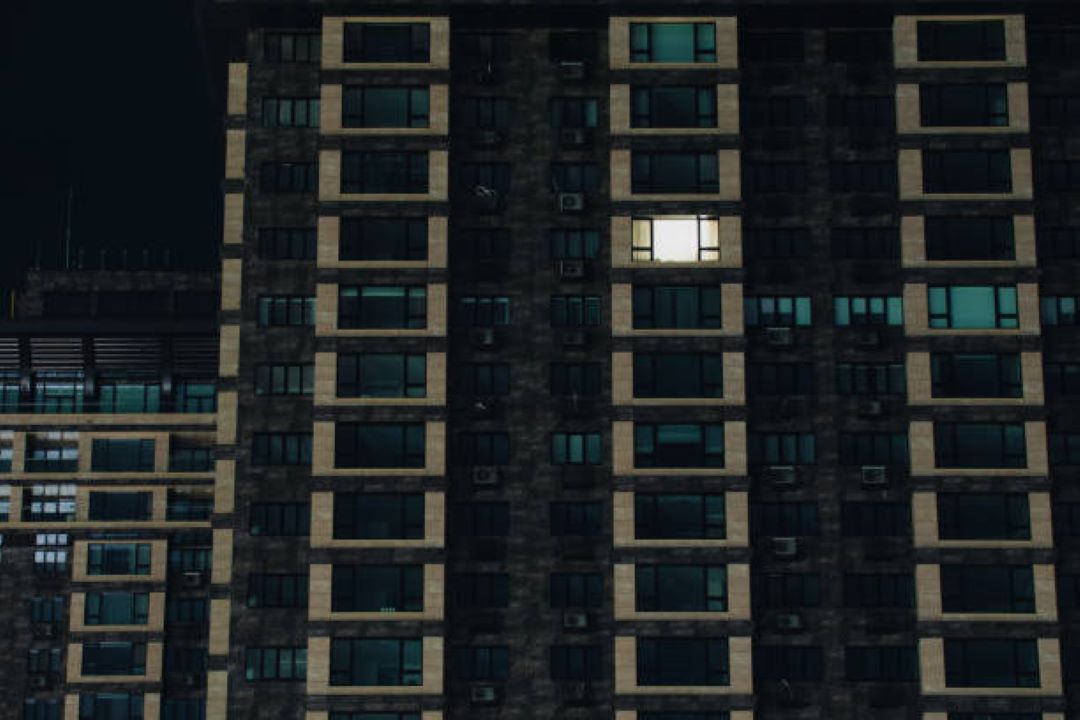
Why does my electric keep tripping at night?
At night, your electric may keep tripping because the demand on your home's electrical systems can sometimes exceed the capacity, especially in older homes not designed for the modern electrical load. This excessive demand on the circuit can lead to a tripped circuit breaker, often without anything noticeably plugged in.
It might be a sign of hidden problems, such as a bare ground wire making contact with a metal outlet box, or a hot wire touching a neutral wire, both scenarios creating a direct path to ground that can cause electrical tripping. Other causes include faulty appliances drawing too much power from light switches or other outlets, leading to power outages, and ground faults in damp areas presenting an electrocution risk.
Additionally, an electrical fire risk is heightened by damaged electrical wiring in the house, necessitating immediate electrical wiring repair. A power failure might also indicate issues with the electrical panel itself or with how electrical power is distributed throughout your home’s electrical wiring. Ensuring electrical safety means regularly inspecting for, and rectifying, any potential hazards such as these to protect electrical circuits and prevent your circuit breaker from tripping.
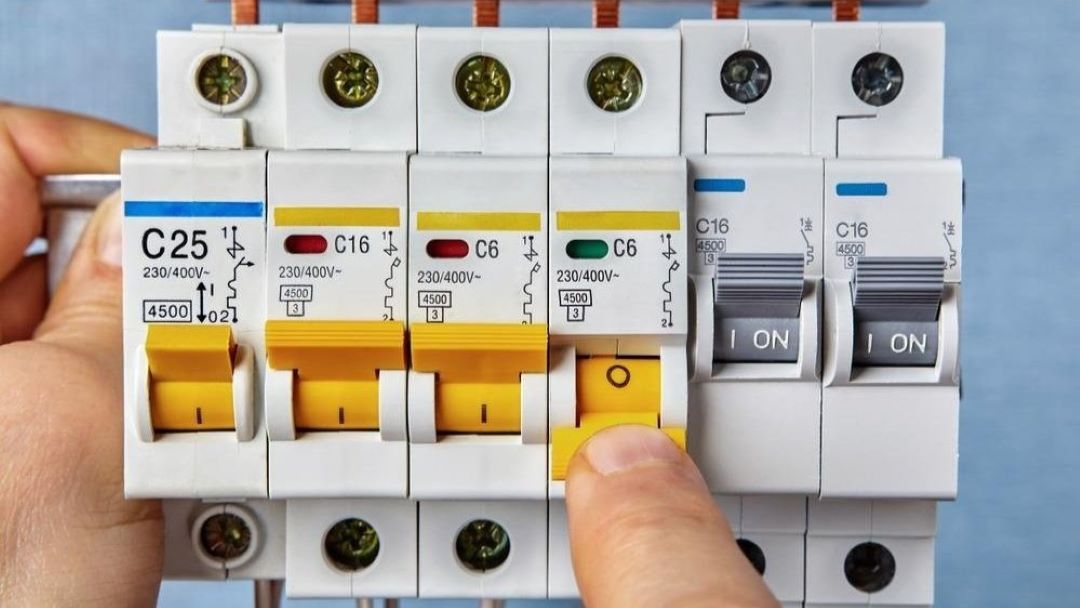
Why does my circuit breaker trips after 30 minutes?
After 30 minutes, your circuit breaker trips because it may be indicating a variety of issues ranging from an overloaded circuit to a faulty circuit breaker. This situation often involves the main breaker in the breaker box, which acts as the primary gateway for power supply to your home's electric circuit.
It's located within a metal box, usually found in a garage or utility room. When there is a power tripping incident, it suggests that the tripped breaker has detected a potentially dangerous condition, such as a short circuit or ground fault within your electrical system. Short circuits can occur in various areas such as light fixtures or electrical outlets and are often compared to more severe issues like power outages.
They can cause significant damage to the electrical devices connected to the system. Overloaded circuits arise when too many electrical devices draw power simultaneously from the same source, leading to power/ electric trip incidents. Regularly tripping circuit breakers, especially the main breaker, should be carefully evaluated to rule out the presence of short circuits, overloaded circuits, or a genuinely faulty circuit breaker.
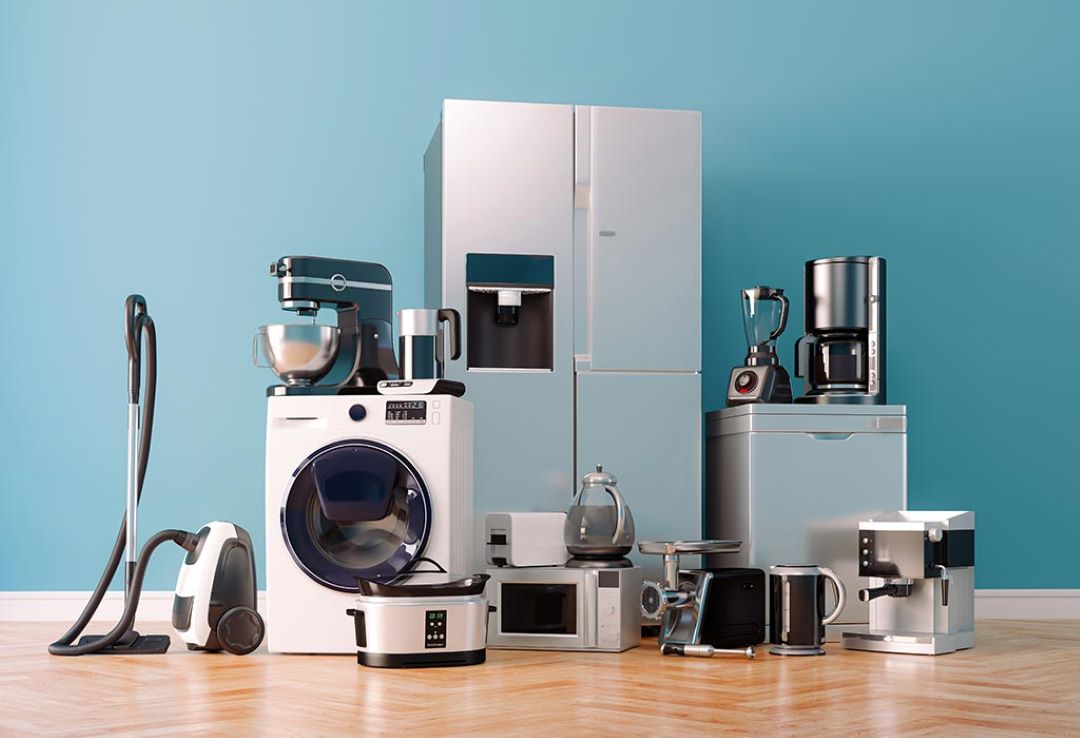
Top 5 reasons why your circuit breaker keeps tripping
The top 5 reasons why your circuit breaker keeps tripping are:
- Excessive use of electrical appliances which can lead to circuit overload and power failure.
- High-draw appliances like heaters and air conditioners operating on a single circuit, causing overloaded circuits.
- Worn-out or damaged breakers that can no longer manage the electrical load effectively.
- Storms and lightning strikes that can induce power trips or damage to electrical connections.
- Bad or faulty wiring that compromises the safety and functionality of light fixtures and other devices, potentially leading to a defective appliance or a circuit breaker trip.
These issues highlight the importance of regular electrical system maintenance and the careful allocation of devices to various circuits to prevent unnecessary disruptions.
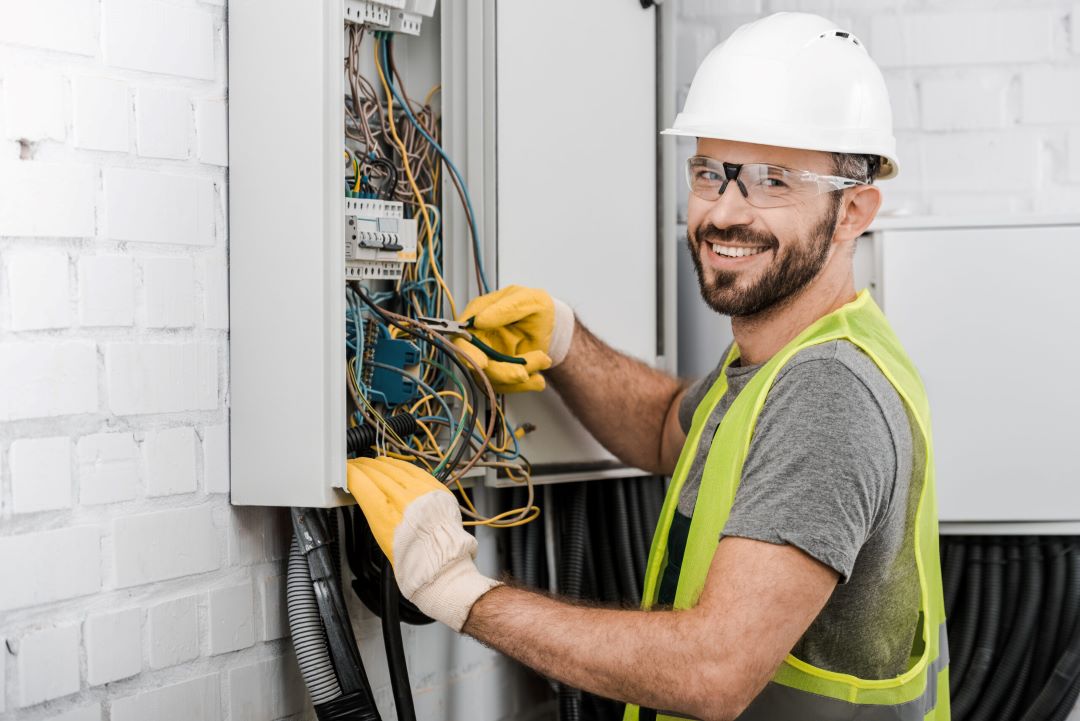
How do you fix a breaker that keeps tripping?
You fix a breaker that keeps tripping by consulting an experienced electrician who can accurately diagnose and resolve electrical issues. Often, the solution involves inspecting the switch box for any trip breakers or tripped breakers that might indicate a deeper problem.
In some cases, it may be necessary to install GFCI outlets (Ground Fault Circuit Interrupter) to protect against electrical faults, especially in areas prone to moisture. An electrician's expertise is crucial in safely addressing any underlying issues that cause frequent tripping, ensuring your home's electrical system functions smoothly and safely.
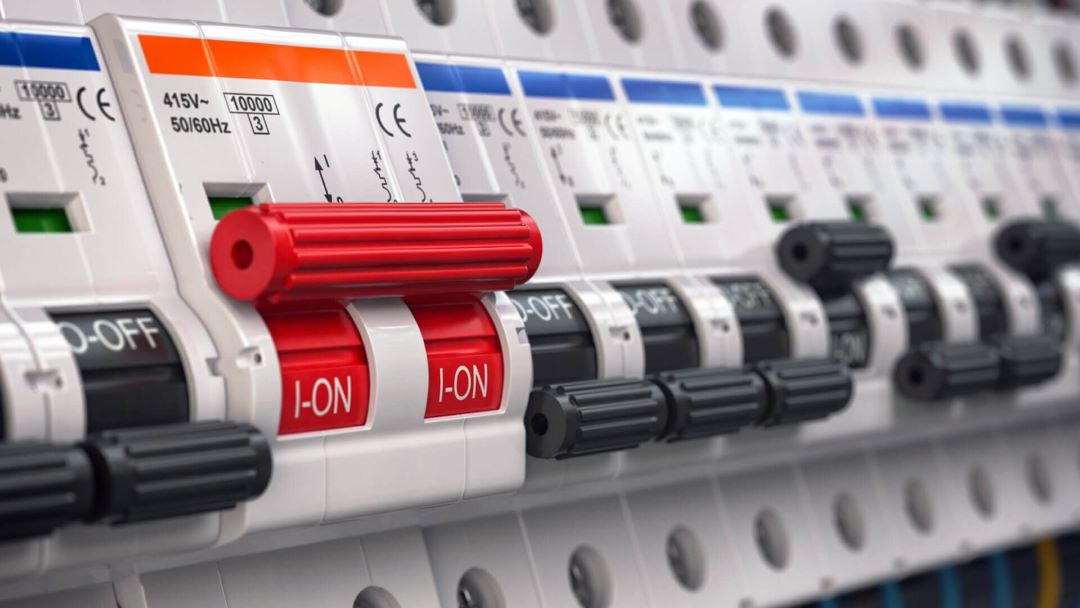
Why is my electricity tripping for no reason?
Your electricity is tripping for no reason because different circuits are being overloaded by too many devices drawing electrical current simultaneously. This situation leads to too much electricity flowing through the circuit, as all the appliances and devices combined create an excess load. The safety mechanism in the circuit breaker activates to prevent damage or fire, tripping the breaker. To resolve this issue, consider redistributing your devices across all the switches or separate circuits to manage the load more efficiently.
Additional electricity and power surges can cause electrical damages to your electrical appliances. In order to prevent electrical damages, learn how to protect your electrical appliances from power surges.
What is the reason why the circuit breaker trips?
The reason why the circuit breaker trips is because of an overloaded circuit experiencing excess load from too many appliances drawing electrical current simultaneously.
Overloading occurs when the breaker box is unable to handle the accumulated demand, causing the circuit breaker to trip as a safety measure to prevent electrical issues such as short circuits or potential fire hazards. To gain better insights, learn how to reset a power trip in Singapore here.
In some cases, power tripping can be attributed to faulty wiring or deteriorated connections within the system. When there are persistent tripped circuit breakers, it often signals underlying issues within the electrical network that require prompt attention.
By managing the distribution of devices across various circuits and addressing any power trip situations, homeowners can prevent these occurrences and maintain a safe, efficient electrical environment.
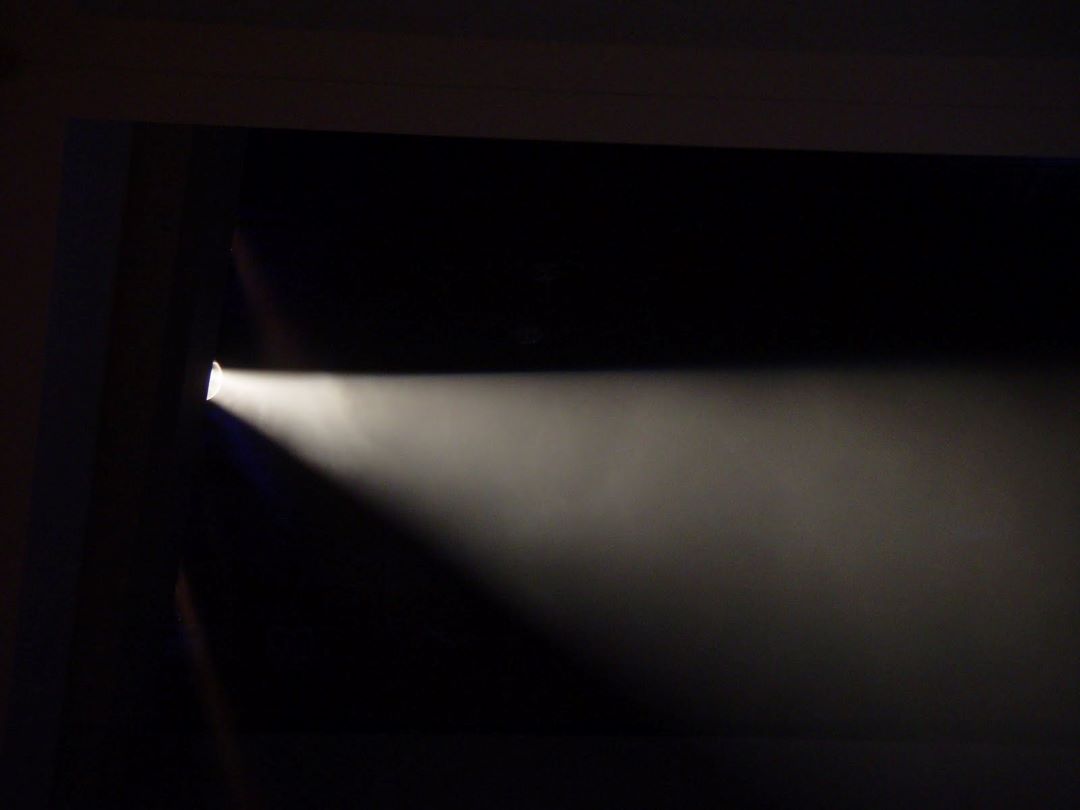
What are the major causes of failure of the circuit breakers?
The major causes of failure of the circuit breakers are power surges and spikes, which occur when there is a sudden increase in electrical current within the circuit.
These unexpected spikes can cause the circuit to exceed its normal capacity, leading to too much electricity flowing through all the switches and potentially resulting in a short circuit.
Such events often lead to power tripping as the circuit breaker activates to protect the electrical systems from damage.
When the power supply experiences these abrupt power trips, it can compromise the stability of the entire electrical power setup.
Understanding how these surges affect your power system is critical in preventing power failure and ensuring the reliability of your household's electrical systems.
Circuit breakers may also trip unexpectedly during the wee hours in the morning, learn what to do during a power outage at night.
How do I find what is tripping my circuit breaker?
You find out what is tripping your circuit breaker by turning off all the lights, appliances, and electronic devices in your home to reduce the load on the circuits.
Begin by resetting the main circuit breaker by switching it off and then back on to ensure any tripped breakers are ready for diagnostics.
After the reset, turn on one circuit at a time and closely observe which one trips the breaker. If the circuit breaker trips again when you switch on a specific circuit, it indicates that this particular circuit might be handling too many devices or experiencing electrical issues.
Look for signs such as lights flickering or any abnormal behavior that could suggest too much strain on a single circuit.
This step-by-step process can help diagnose which circuit is drawing excessive power and causing the power trips, allowing you to address the problem effectively.